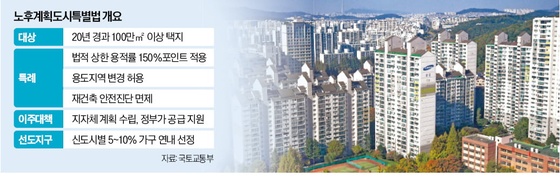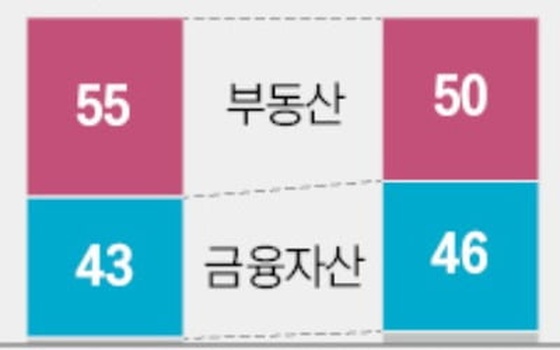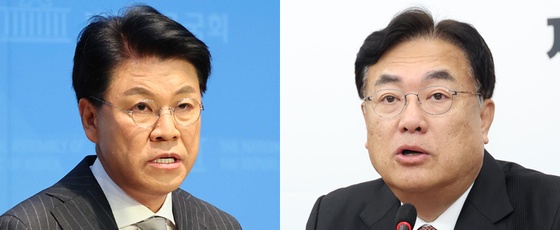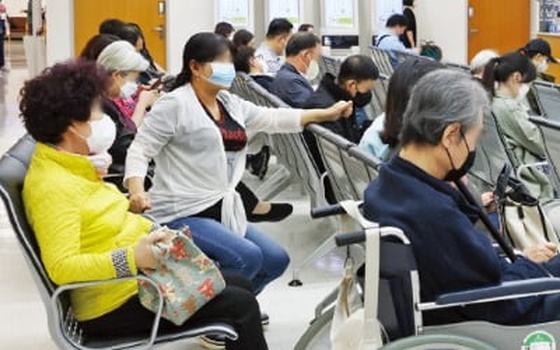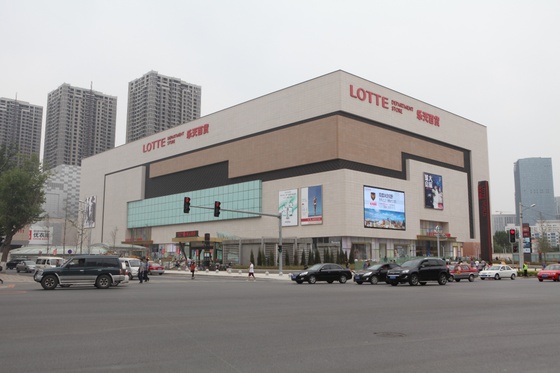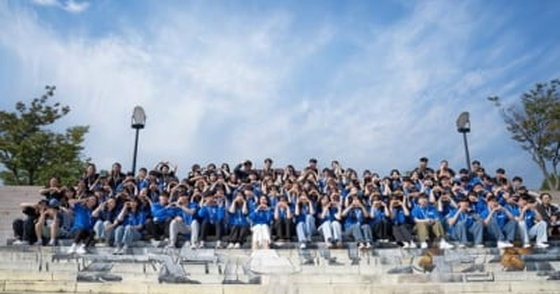[한경에세이] 과학계의 장유유서
한국의 과학자들은 무척 열성적이다. 적응력이 빠르고 직관력이 뛰어나 생산성도 높다. 외국인 과학자들은 자신이 세운 과학적 가설 및 목표를 향해 일하는 반면,한국의 과학자들은 이보다 훨씬 개인적으로 일에 몰입하는 경향이 있다. 연구활동,동료 간 관계,프로젝트 성패 등은 한국인 과학자들의 사생활과 매우 깊게 연계돼 있다. 서구 문화에서 보편화한 직업과 사생활 간 분리는 찾아볼 수 없다. 이로 말미암아 과학자들의 생활은 피나는 노력의 연속이며,과학자 사이에서는 서로 남보다 잘 해야겠다는 인식이 팽배하다. 이것이 바로 독특한 한국형 과학자를 만들어내는 요인이 아닐까.
이는 비단 긴 업무시간만을 얘기하는 것이 아니다. 여기에 한국만이 가진 '과학자 사회의 장유유서 문화'가 한국과학을 더욱 독특하게 만든다. '장유유서 문화'가 한국의 과학 수준을 높이는 데 기여한 것은 사실이다. 반면에 이로 인해 일이 아래로 전가돼 젊은 과학자들이나 학생들이 고생하는 경우가 많다. 이 때문에 한국의 젊은 과학자들이 받는 압박감은 외국 과학자들에 비해 훨씬 심하다. 이런 가운데 한국의 젊은 과학자들은 끊임없이 논문이나 연구 결과 등을 발표해야 한다. 특히 개인의 성공과 평가가 이러한 발표 등에 달려 있는 생명과학의 경우 더욱 그렇다. 이 분야에서는 매사 열심히,그리고 긍정적으로 일한다고 해서 반드시 생산성이 올라가는 것이 아니기 때문에 의욕을 가진 젊은 연구자들을 더욱 힘들게 한다.
한국과학을 독특하게 만드는 또 하나의 요인은 경쟁문화다. 연구자 개인 간,실험실 간,연구기관 간,대학 간 경쟁이 다른 어떤 나라보다 심해서 과학자 개개인을 압박한다. 더욱이 이러한 경쟁의 압력이 아래로 전가되고 있어 젊은 과학자들의 고충을 알 만하다.
'과학자 사회의 장유유서 문화'로 인한 문제는 비단 이뿐이 아니다. 과학적 담론이나 논쟁이 상하관계를 중시하는 한국적 문화와는 맞지 않는다. 한국에서는 이의를 제기하거나 따지고 캐묻는 것 자체가 용납되지 않는다. 그래서 세미나나 토론회가 케임브리지대나 하버드대와 달리 종종 조용히 끝나고 만다. 어떤 때는 세미나나 토론회를 왜 하는지 알 수 없을 정도다.
분명 한국의 연구문화는 바뀌어야 할 것 같다. 만약 경쟁보다 협력을 중시하는 과학문화가 조성되면 더 생산적이지 않을까. 그러나 다른 한편으로 생각해 보면 그래도 역시 경쟁을 통해 '넘버원'이 되는 게 더 재미있는 일이 아닐까. 결국 경쟁과 협력의 조화가 정답이다.
울프네바스 <한국파스퇴르연구소장 ulfnehrbass@ip-korea.org>
[영문 원고]
Korea-Specific to Science
While science does not know borders and the common language is English here, there is, nonetheless, a Korea-specific side to it.
Scientists work a lot harder here, are more enthusiastic and after a short period of adaptation are more intuitive and productive. While the western scientists are simply working towards a hypothesis or goal, the Korean colleagues are more personally involved. Work itself, social interactions as well as success or failure of a project become a very intimate part of every day life, with a lack in the clear separation of work and private known in the west. It requires a harder effort on the side of the scientists on all levels and generates a level of self-awareness in the group of co-workers, which makes Koreans model colleagues and scientists. And this does not only pertain to the long working hours.
But while this 'social etiquette' certainly contributes to the outstanding level of Korean science, it exposes researchers much more to the down-side of their work, in particular young scientists and students. Accordingly, I often feel that the pressure on Korean scientists is much higher. Not only do they have to publish relentlessly, but where definition of personal success and self understanding depend on it, biotechnology becomes a very difficult terrain to maneuver. In this arena, all too often hard work and positive attitude are not sufficient for productivity, thus leaving motivated young researchers in distress. And culture is likely at the core of another peculiarity of Korean science; Its sheer competitiveness. Much more than elsewhere do individuals, laboratories, even entire Institutions and Universities compete with each other, adding to the pressure on the individual scientist here. There are other aspects where social etiquette can pose more problems, for example when scientific discourse and argument come into the way of social hierarchy. The very essence of challenging and questioning is less acceptable here, and seminars often end quietly here by contrast to say Cambridge or Harvard.
In a way then, scientific endeavour here has still space for adjustments and I can only guess where Korean science would be if they started collaborating. But then again, becoming number one the easy way would maybe not be as exciting.
By Ulf Nehrbass <CEO of Institut Pasteur Korea ulfnehrbass@ip-korea.org>
-
기사 스크랩
-
공유
-
프린트
![[이소연의 시적인 순간] 사랑, 나보다 더 늦은 사람에 대한](https://img.hankyung.com/photo/202404/01.36539730.3.jpg)
![[한경에세이] 예술, 환경에 어떤 영향 미칠까](https://img.hankyung.com/photo/202404/07.36065943.3.jpg)
![[이소연의 시적인 순간] 사랑, 나보다 더 늦은 사람에 대한](https://img.hankyung.com/photo/202404/07.29648277.3.jpg)
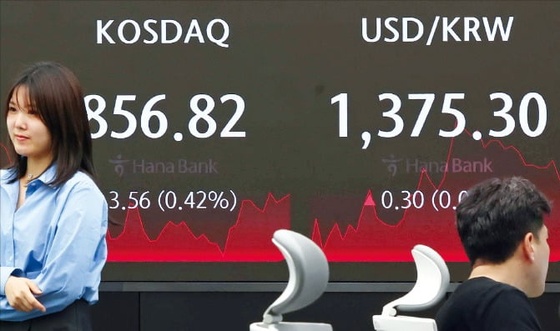
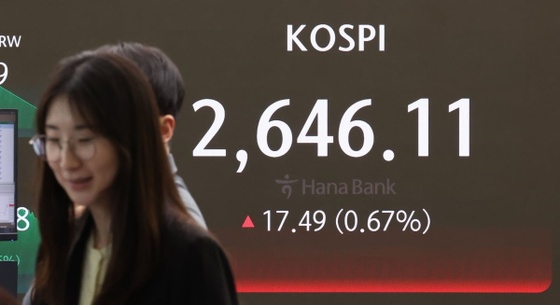
![월가 "인텔 망가졌다"…구글 9년 만에 최고의 날 [글로벌마켓 A/S]](https://timg.hankyung.com/t/560x0/photo/202404/B20240427071917087.jpg)
